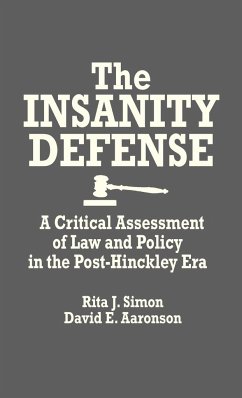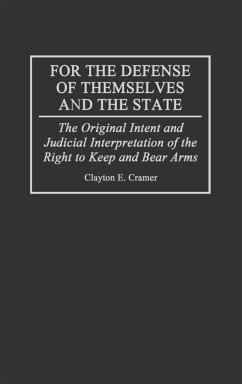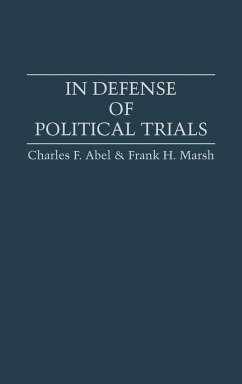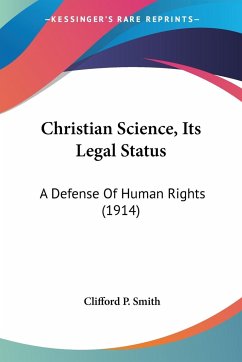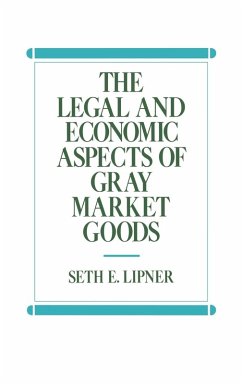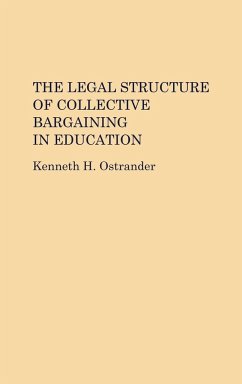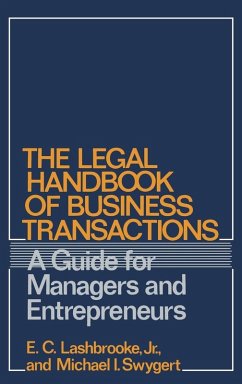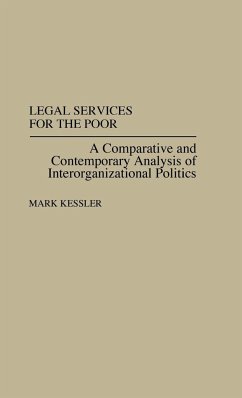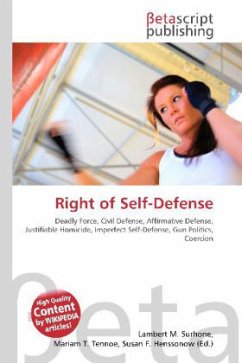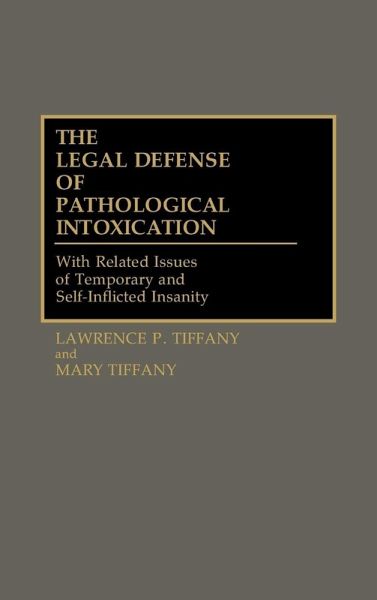
The Legal Defense of Pathological Intoxication
With Related Issues of Temporary and Self-Inflicted Insanity
Versandkostenfrei!
Versandfertig in 1-2 Wochen
89,99 €
inkl. MwSt.

PAYBACK Punkte
45 °P sammeln!
Drinking alcohol can, in rare instances, provoke a temporary psychotic often violent reaction called pathological intoxication. Although it was medically identified in 1869, pathological intoxication has been an enigma to the law for over a century, primarily because the actual medical and psychiatric aspects of the concept have not been adequately explained before. But, as the authors of this volume point out, it is crucial for the defense attorney and the prosecutor to understand whether pathological or ordinary intoxication is involved in a particular case because pathological intoxication ...
Drinking alcohol can, in rare instances, provoke a temporary psychotic often violent reaction called pathological intoxication. Although it was medically identified in 1869, pathological intoxication has been an enigma to the law for over a century, primarily because the actual medical and psychiatric aspects of the concept have not been adequately explained before. But, as the authors of this volume point out, it is crucial for the defense attorney and the prosecutor to understand whether pathological or ordinary intoxication is involved in a particular case because pathological intoxication furnishes the basis of important and perhaps decisive defense strategies beyond those which derive from ordinary intoxication. This interdisciplinary study provides the first in-depth exploration of both the medical and psychiatric facts underlying the phenomenon of pathological intoxication and explores the suitability of various defense theories. Written especially for practicing criminal defense lawyers, public defenders, prosecutors, and forensic psychiatrists, the volume begins by examining the clinical and experimental evidence of pathological intoxication. In subsequent chapters, the authors alert the attorney to the indications that a defendant should be examined for possible pathological intoxication and include hard-to-find medical sources of support for the concept to persuade courts and prosecutors of its legitimacy. A series of chapters thoroughly explores all the relevant legal defense strategies available in pathological intoxication cases including the defense of automatism, the law of insanity, involuntary intoxication, and diminished capacity and extreme mental and emotional disturbance. Throughout, the authors incorporate both domestic and foreign literature relating to pathological intoxication. The inclusion of ample case examples as well as a wealth of medical and psychiatric data make this book a major contribution to our understanding of both the phenomenon of pathological intoxication and its implications for legal defense strategy.



